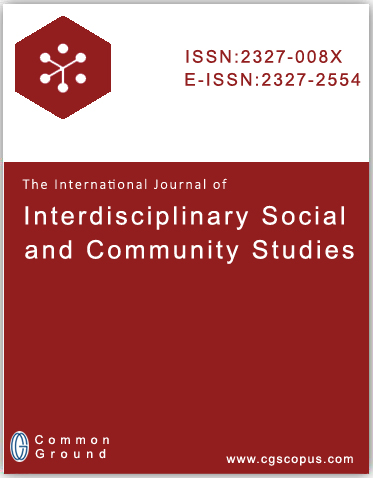IMPACT OF SMOKING HABITS ON PHYSICAL HEALTH AND PSYCHOLOGICAL RESILIENCE AMONG COLLEGE STUDENTS
DOI:
https://doi.org/10.18848/ppvekx23Abstract
Smoking remains one of the most pervasive health-compromising behaviors worldwide, posing severe threats to both physical and psychological well-being. College students, in particular, represent a vulnerable population due to heightened exposure to academic stress, social influences, and transitional life phases that often promote maladaptive coping mechanisms such as smoking. The present study aimed to examine the impact of smoking habits on physical health and psychological resilience among college students. Using a quantitative correlational research design, data were collected from 87 participants aged 18–25 years through purposive sampling. Standardized instruments—the General Health Questionnaire (GHQ) and Brief Resilience Scale (BRS)—were employed to measure general health and resilience respectively. The results revealed significant differences in both general health and resilience levels between smokers and non-smokers. Smokers demonstrated poorer health outcomes and lower resilience scores, indicating a detrimental association between tobacco use, psychological functioning, and adaptability to stress. Correlation analysis further indicated a moderate negative relationship between general health and resilience, suggesting that better health status is associated with higher resilience. These findings underscore the need for targeted health promotion and resilience-building interventions within college settings to reduce smoking prevalence and enhance student well-being.










